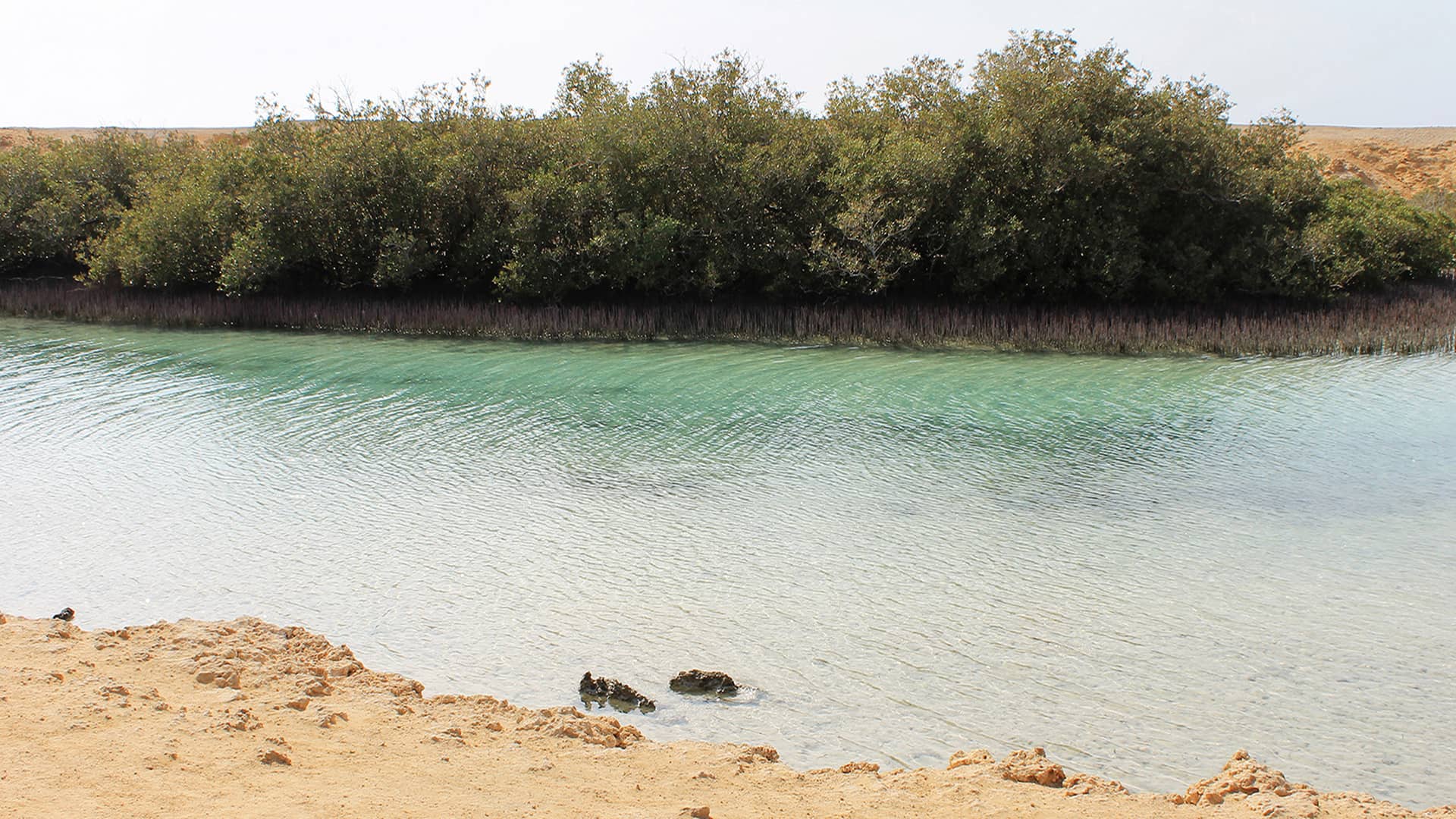Case study: Knowledge Inventory for Hydrogeology Research
project information
Hydrogeology related research activities cover a wide spectrum of research areas at EU and national levels. The European knowledge base on this important topic is widespread and fragmented into broader programmes generally related to water resources, environment and ecology. To achieve a comprehensive understanding on the groundwater theme, the KINDRA project - Knowledge Inventory for Hydrogeology Research has carried out an accurate assessment of the state of the art in groundwater knowledge and created a critical mass for scientific exchange of information, to ensure wide accessibility and applicability of research results, including support of innovation and development, and to reduce unnecessary duplication efforts.description
KINDRA, besides project management and project communication and dissemination, was divided into the following three core work packages. WP1 – Methodology framework development: This WP created a harmonised framework for reporting hydrogeology (groundwater) research and innovation results (coming from programmes, projects, results, agendas, etc.) in Europe. This classification, based on a 3D visualisation related to three main categories, is supported by a web-service repository of metadata- the European Inventory of Groundwater Research (EIGR). WP2 – Data collection and processing: This WP facilitated the EU-wide assessment of existing practical and scientific knowledge on hydrogeology research and innovation in Europe. The assessment has been carried out with the help of the national member associations of EFG, namely Linked Third Parties (LTPs), using the developed classification system/data sources identified in WP1. The LTPs and the KINDRA partners have uploaded into the EIGR the metadata related to groundwater research and knowledge, following the classification criteria. At the end of the project, more than 2000 records have been validated and published on the EIGR. WP3 – Research gaps and recommendations: This WP identified research gaps and trends in hydrogeology research, by analysing collected metadata from the EIGR and from scientific databases (as SCOPUS). In addition, the EIGR can be used as a public-access searchable service, which will be available for uploading and extracting information also after the end of the project. Obtained results are intended to be used for the implementation of the Water Framework and Groundwater Directives (WFD and GWD) including a sound understanding of groundwater-surface water interactions and climate change impact and adaptation. The overall objective of KINDRA is to create an inventory of this knowledge-base and then use the inventory to identify critical research challenges in line with the implementation of the WFD and new innovation areas within integrated water resources management based on the latest research. The specific project objectives are: 1. Create a uniform EU- harmonised categorisation approach / terminology for reporting groundwater research (a Hydrogeological Research Classification System – HRC-SYS). Since such uniform classification does not exist at the moment, ongoing research activities, national/European hydrogeological research activities, agendas and strategies are difficult to report and even more difficult to compare. 2. Carry out EU-wide assessment of existing practical and scientific knowledge (using the developed HRC-SYS) focusing on EU, national, regional, international and EU-third party scientific activities. This assessment will be implemented with the help of the national members of EFG. 3. Create a European Inventory of Groundwater Research and Innovation (EIGR). This register will be supported by a web-service that will be searchable by selected key-words and will support users with query functions for statistics, diagrams, and others concise data elaboration. 4. Use the data in the register and the developed analytical tools (qualitative/quantitative) to assess the performance of key ongoing EU, national, regional, international and EU-third party hydrogeological scientific and innovation activities and results. 5. Compare the results with existing recommendations and position papers on groundwater related research requirements.6. Define research gaps and corresponding suggestions for research agendas in line with WFD, and WssTP recommendations.Policy context
• Water Framework Directive • Groundwater Directive (GWD) 2006/118/ECenvironmental impacts
• KINDRA and its on-line inventory (EIGR) are the only tools exclusively dedicated to groundwater research & knowledge • Kindra is the first step to advance sustainable management practices for groundwater • The database analysis has been used for EU policy support and implementation of water directivessocioeconomic impacts
• KINDRA combines research and knowledge, merging academic and practitioner communities • A dedicated classification system allows you to classify your products, papers, projects, reports, databases, etc. for facilitating future searches and analyses • The EIGR promotes networking and enlarges the community of hydrogeologists and “groundwater-people” • The EIGR represents an international access point to national knowledge sources • EIGR Has become available to all groundwater practitioners looking for information and wishing to share their research. Presently, more than 2300 records have been inserted, and near 2000 of them have been published and made available for consultationkey lessons
• Both the harmonised methodology (HRC-SYS) and the European Inventory on Groundwater Research tool, are key to achieve the overall aim to create an overview of the scientific knowledge covering European countries by means of an accurate assessment of hydrogeology research in various geographical and geo-environmental settings, and to allow direct comparison and exploit synergies. • Joint international research and better coordination are fundamental to cope with water scarcity in many regions of Europe. • The results of the project show that geoscientists are ready to work cooperatively and many other stakeholders may join later on.Project website
http://kindraproject.euKnowledge types
Types of knowledge produced from this case study.
Geographical coverage
Related Policies
Which EU policy requirements and EU Directives were aimed at being addressed by the project or which national and/or regional policy challenges and/or requirements aimed to be addressed?
Funding mechanism
Availability/accessibility of knowledge outputs online














